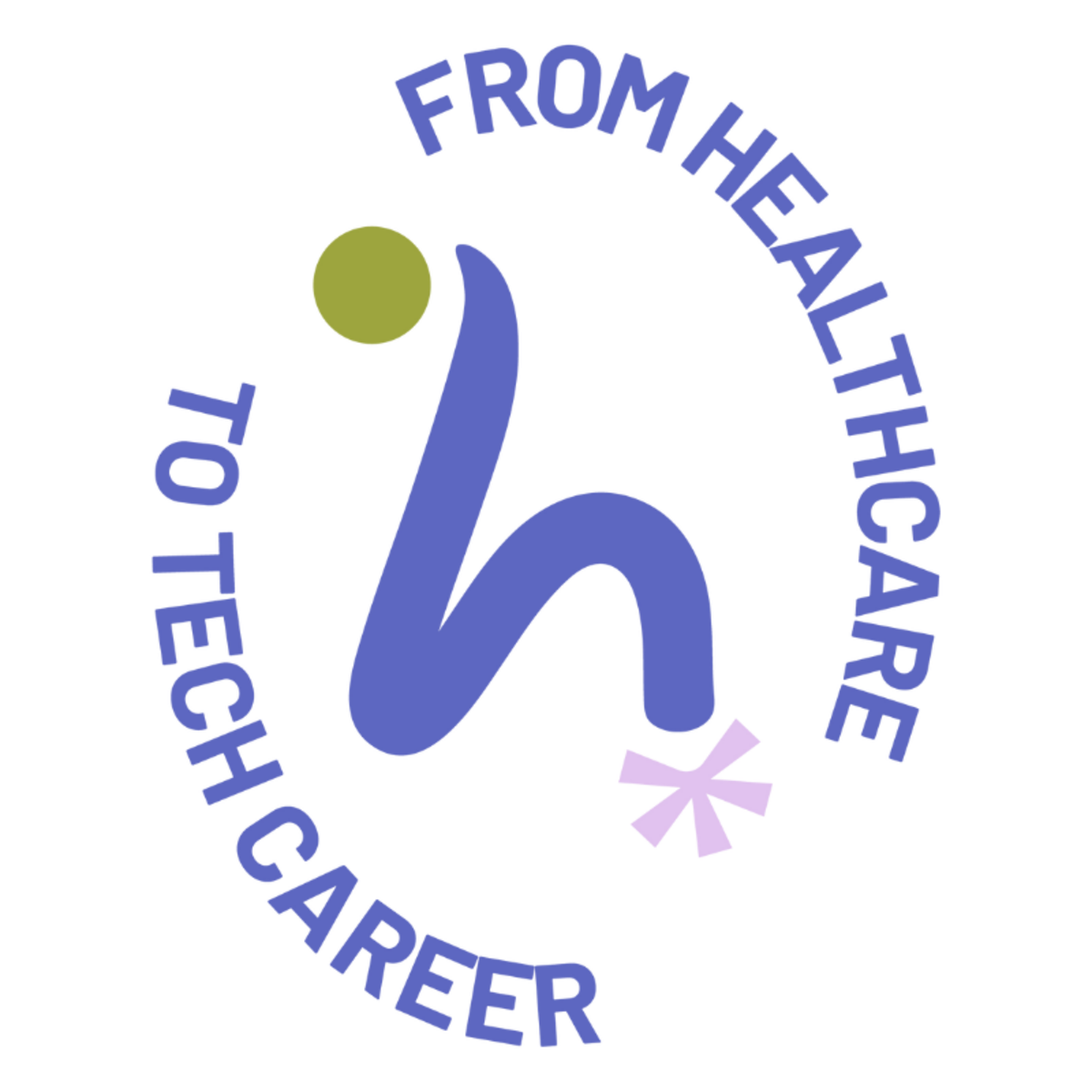Hey Health Techies!
The September surge is cooling off (though I’m still getting inbox messages on LinkedIn at a higher rate than I have been all year), and companies are starting to think about what their hiring needs are for next year.
Perhaps your’re taking a look at what you want next year as well and let’s just say that a new job is on your holiday wishlist.
So what steps do you actually need to take to make it happen? Keep reading, my friend…👀
Maybe you guessed based on the subject line of this email that fixing your CV is the first step in making a career change. But you might actually be surprised to hear that I really don’t believe it is.
1️⃣ The first step is actually taking a hard look at what you actually want out of your career.
What is driving your desire to change jobs or roles?
What are you sick of?
What would you like to do more of if you could?
Answering these questions comes first. Because if you can’t answer them, you’re going to struggle narrowing down the massive number of options out there for you and the job search could feel very overwhelming.
Not to mention that these are questions that come up often in networking types of conversations, and you want to respond thoughtfully.
🫣 Dust off that CV
Ok, so you’ve done some work to determine what you’re looking for and maybe identify a few target titles that seem to fit the bill — maybe you’ve found a role on the Hey Health Tech job board that interests you.
Then you break out the ol’ CV that perhaps you haven’t touched in years and you start to dread all of the work that it needs before you can actually apply somewhere.
Or maybe you’ve even applied to a few jobs with your clinical CV and have heard nothing but crickets.
Either way, I have good news and bad news for you.
☕️ Here’s the tea
The bad news: your clinical CV — yes the one you were taught to draft in professional school — is not going to land you a nonclinical job.
Why? Because CV’s are intended to be a detailed biography of all of the things you’ve done in your academic and professional career thus far down to classes, papers, and presentations. It’s simply too much for busy recruiters and hiring managers to sift through.
And while you might think that a biography is just how a document like this should read, there’s a certain way that experience needs to be communicated in order for it to sound less like a list of things you’ve done and more like a reflection of the things you are capable of doing in the future.
When it comes down to it, in corporate environments (and especially fast-paced tech startups) people just don’t have the time to try to decipher how all of your clinical experience is going to translate into a role that you’ve never had before.
I don’t say this to discourage you, just to let you know that you don’t need to edit 10 pages of your life story in order to land a nonclinical job.
The good news: a tailored resume can tell your story for you and even more importantly, relay to the reader what value you can bring to their company.
That’s what they really want to know. Your clinical experience is great, it’s impressive, and it’s relevant. But your CV doesn’t tell anyone that. It serves as a list of accomplishments that doesn’t speak to how successful you might be in a particular role outside of clinical work.
One of the most common questions that I get is about tips and tricks to tweak a CV to get callbacks. On the whole, people believe that if they can just get their foot in the door, they can impress in an interview — tell their story and why they’d be a good fit.
The reality is that we often need to utilize several different channels in order to tell that story. Perhaps it’s networking conversations, perhaps it’s a message to the hiring manager, but it also definitely starts with a resume that is tailored to the role that you’re seeking and the keywords that decision makers are looking for, and it’s more than achievable even if you only have experience working with a CV format in the past.
The best news of all is that a resume that impresses is well within reach with a few cuts, edits, and reframes. If you’re interested in learning more, check out my program The Resume Lab, specifically created for clinicians looking to standout in the current competitive landscape. Or let me know what your biggest CV and resume related questions are by hitting reply. I’ll respond to every question that I get.
📰 Weekly Wrap-up
A study of over 4000 individuals examines consumer health trends — including social media health content consumption by GenZ and Millenials
Melinda French Gates launches fund to improve women’s mental and physical health
📌 Job Board
Don’t miss these open roles 👀
Nurse Investigator - Clipboard Health
Success Enablement Manager - Cartwheel Health
Training Program Manager, Health Coaching - Virta Health
and more!
Until next time,
Lauren
P.S. When you’re ready, there are a few ways that I can help:
The Resume Lab: The self-guided course that transforms your clinical CV to a compelling resume. I share tips I’ve learned over 10 years of being on both ends of the hiring equation in tech for both clinical and non-clinical roles.
I’m gearing up to launch something for pharmacy technicians, OTAs, PTAs, MAs, radiology technicians, LPNs and other techs and assistants in healthcare soon. If that sounds interesting to you, sign up to learn more here.

